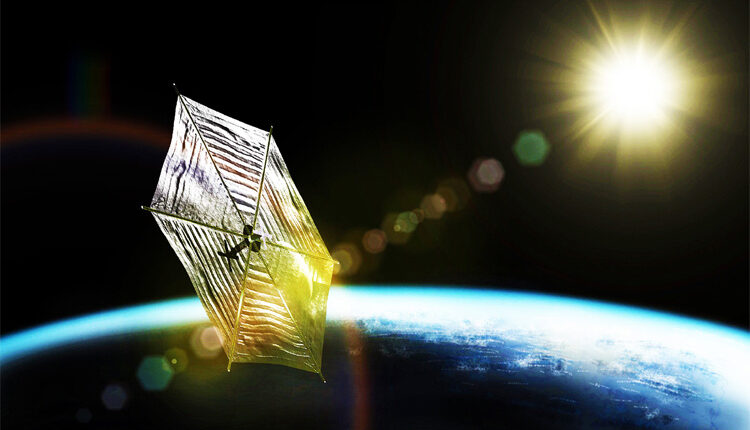Scientists want to use ‘sun umbrella’ tied to asteroid to fight climate change
The long-touted effects of climate change have made themselves more than evident in recent years with everything from heat waves to floods getting more and more common.
Only if we could hold up an “umbrella” that can shield and can reduce the amount of sunlight hitting the planet. If you thought that, you might have a lot more in common with scientists than you think.
Shading the Earth from a fraction of the Sun’s light could be a “simple” approach to reducing global temperatures. This idea is referred to as a solar shield and has been proposed in the past. The problem is that the large amount of weight that will be needed to make sure it stays balanced between gravitational forces and solar radiation pressure means that building such a contraption would be awfully expensive, rendering the whole idea impractical.
But in a paper published in the Proceedings of the National Academy of Science, István Szapudi, an astronomer at the University of Hawai’i, is proposing a new solar shield with a couple of key innovations. One is the use of a tethered counterweight instead of just a massive shield, which could reduce the mass by more than 100 times, according to the university. The other is the use of a captured asteroid as a counterweight.
Szapudi set out with the goal of reducing solar radiation by 1.7 per cent. This is an estimate for the amount of reduction needed to prevent a catastrophic rise in global temperatures. He saw that tethering the shade in the direction of the Sun could reduce its weight by nearly 3.5 million times, which would be hundred times lighter than earlier estimates for such a shield that works well enough for the 1.7 per cent figure.
But even with Szapudi’s innovative idea, the shield would weigh about 35,000 tons and would need to be launched from Earth. NASA’s SLS, the most powerful rocket currently in existence, can carry a maximum of less than 70 tons to orbit. The sun shade as a solution for climate change is as impractical as it is curious.


Comments are closed.